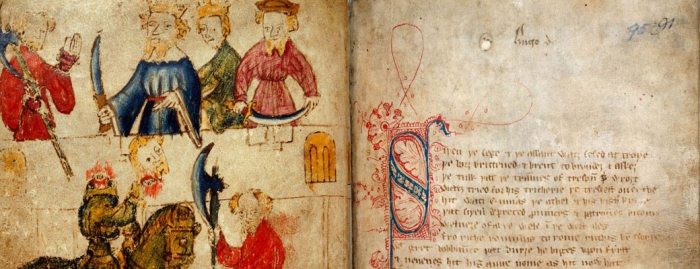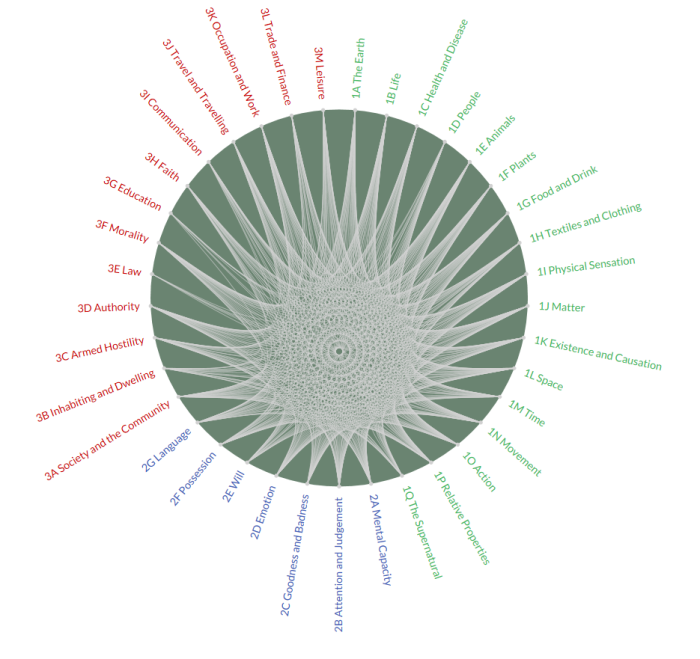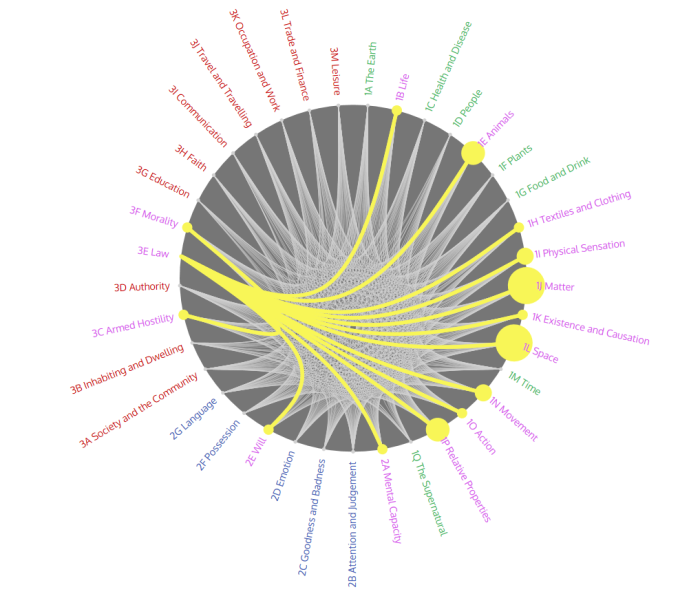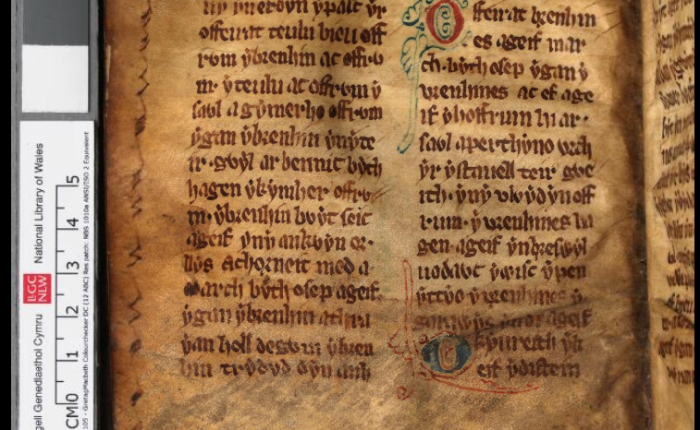Network Facilitator @MedievalMJJ got a write-up in The Cowbridge Gem last week for her talk to Cowbridge’s U3A group on the murder of William Cantilupe in 1375.
The U3A or University of the Third Age is a great wider community engagement avenue, where retired or semi-retired people come together to learn out of interest, and are staffed by volunteers. There are many local U3A groups across the UK, with the emphasis of learning for pleasure. Speaking to the Cowbridge group was a pleasure in itself, and it is great to create and reinforce links with community education groups. In lieu of a speaker’s fee (which in this case is always given to a charity of the speaker’s choice by the group) the group spent the equivalent amount on food to give to the local Food Bank.
A popular hour-long murder mystery presentation, Mel has blogged about its creation and delivery before on her blog, here and here. It was part of her ongoing blog post series, Keeping Up With The Cantilupes.
The murder mystery format allows people to engage by guessing whodunnit once all the clues and evidence has been presented to them, and the outcome of the trial itself is then up for critique in the Q&A. There is scope for it to be delivered in a traditional lecture format with seated engagement – a combination of traditional talk format with ‘armchair-detective’ work on the part of the audience – but it could be delivered in a scavenger hunt style with the lecture printed out in clues and acted out in various forms of RPG/Murder Mystery evening events, which are also quite popular. The possibilities for a talk like this are as limited as one’s imagination and opportunities, really!
In this case, it was delivered in a traditional way to about 20 members present in a small room in Cowbridge Town Hall, using a PowerPoint and handouts, which seemed to go down well. There was good feedback after the session, and lots of thought-provoking questions.
It should be noted as an aside that public interest in the Middle Ages seems to be on the rise thanks to the popularity of shows like pseudo-medieval Game of Thrones, and sites like The Public Medievalist works to stretch the boundaries of public history and bring Medieval Studies into the public eye. Their latest special series on Race, Racism and the Middle Ages is especially relevant to discussions in the public sphere in which the Middle Ages as a period is often invoked.
This is why public engagement is a crucial part of what the Voices of Law network seeks to achieve in a small way, and why public engagement – not only with schools but with the wider community – is such an important thing for researchers to engage with.
Soon we will be working with Richard, this year’s successful CUROP candidate, who will be creating a workshop based on his research for the SEREN Network, or for another school engagement opportunity. This will be exciting, as the topic of marriage and kinship in Welsh Laws is an interesting one in itself, but the real challenge will come in presenting the results (recorded in an Access Database format) in an engaging and pedagogically relevant way. The SEREN Network is geared towards specialist workshops to stretch the attendees and challenge them, while giving them opportunities to meet representatives from various institutions and organisations, and build their confidence in ways that match their ability.
On that note, congratulations should go to one of the enthusiastic pupils who attended the Voices of Law SEREN session in February 2017, and achieved Highly Commended in the Vellacott History Essay Prize awarded by Peterhouse College, Cambridge.
The SEREN workshops are a different type of engagement to U3A engagement, and both are equally valuable. Being flexible in approach, format and subject matter is a skill that want to help develop in those the Voices of Law Network employs, be they Undergraduates or ECRs.
We look forward to engaging with other school, education and community groups in future, and creatively presenting topics on medieval history and law!



 The online resource is in two parts. The Metaphor Map of English covers the history of English from 1150 onwards (
The online resource is in two parts. The Metaphor Map of English covers the history of English from 1150 onwards (
